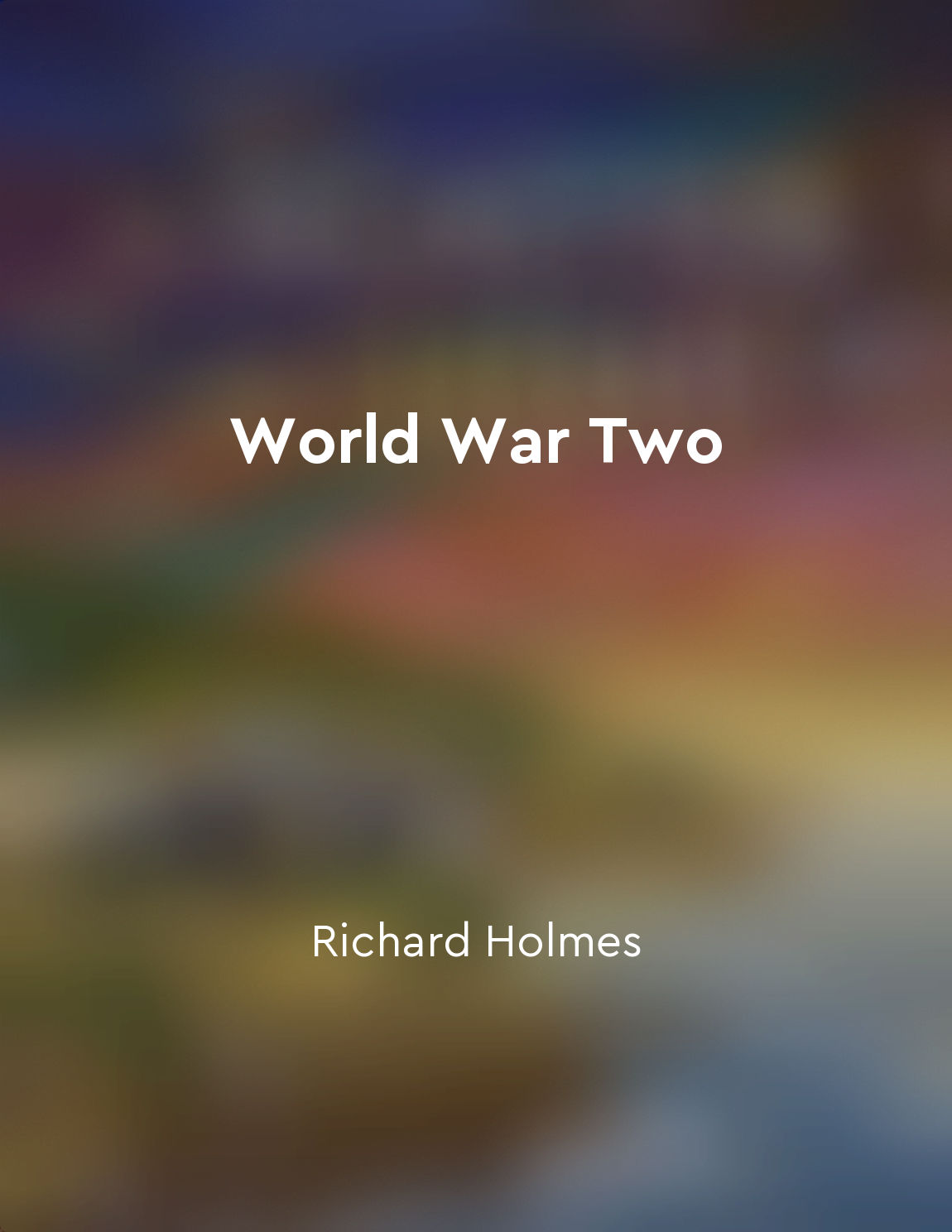The role of intelligence from "summary" of The Splendid and the Vile by Erik Larson
Intelligence played a crucial role during the pivotal moments of the war. The ability to gather, analyze, and act upon information was essential for both the British and the Germans. Winston Churchill and his inner circle relied heavily on intelligence reports to make strategic decisions and anticipate enemy movements. The British intelligence agencies worked tirelessly to intercept and decode German communications, often risking their lives to gather crucial information. This intelligence was used to track the movements of German aircraft, ships, and troops, giving the British a significant advantage in the ongoing battle. On the other side, the Germans also had their own intelligence operations, trying to decipher British codes and gather information about their enemy's plans. The success or failure of these intelligence missions could mean the difference between victory and defeat on the battlefield. Intelligence was not just about gathering information but also about interpreting it correctly. Churchill and his advisors had to sift through mountains of reports and data to determine what was credible and what was misinformation. This required a keen understanding of the enemy's tactics and intentions, as well as the ability to think several steps ahead. In the end, the role of intelligence was crucial in shaping the outcome of the war. The ability to outsmart the enemy, anticipate their moves, and exploit their weaknesses was a key factor in the British victory. Without the tireless efforts of the intelligence agencies and the strategic acumen of Churchill, the outcome of the war could have been very different.Similar Posts
Building trust among allies is essential
Trust is the foundation upon which alliances are built. Without trust, alliances are fragile and easily broken. Trust is essent...

collapse of communism, Eastern Bloc countries
The collapse of communism in the Eastern Bloc countries was a seismic event that reshaped the political landscape of the world....

Diplomatic relations reshaped
The tumultuous years of World War Two brought about significant changes in diplomatic relations between nations. Traditional al...
Maintain flexibility in your approach
To succeed in warfare, one must be adaptable and ready to change tactics at a moment's notice. The ability to shift strategies ...

Civilians endured hardships
The civilians of the Second World War faced unimaginable challenges and difficulties. As the conflict raged on, ordinary men, w...
